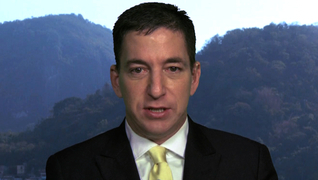
For the first time since the Cold War, the FBI is visiting public libraries to keep tabs on the reading habits of people the government considers dangerous.
An obscure section of the USA Patriot Act gave the FBI authority to search library and bookstore records during investigations of international terrorism.
The act was passed virtually without hearings or debate, and allowed many new federal surveillance techniques, including clandestine searches of homes and expanded monitoring of telephones and the Internet.
But unlike other search warrants, the FBI does not need to show that the target of its investigation is actually involved in terrorism or spying. Targets can include U.S. citizens.
Nearly everything about the procedure is secret. The court that authorizes the searches meets in secret; the search warrants carried by the agents cannot mention the underlying investigation; and librarians and booksellers are prohibited, under threat of prosecution, from revealing an FBI visit to anyone, including the patron whose records were seized.
We’re joined right now by Deborah Caldwell Stone, deputy director of the American Library Association’s Office of Intellectual Freedom. The American Library Association adopted guidelines in January advising the nation’s librarians to “avoid creating unnecessary records.”
Guest:
- Deborah Caldwell Stone, Deputy Director, the American Library Association’s Office for Intellectual Freedom.
- Leigh Estabrook, director, Library Research Center at the University of Illinois. The Library Research Center conducted a nationwide survey of 1,020 public libraries in January and February and found that 8.3 percent of them had been asked by federal or local law enforcement officers for information about patrons.
Related link:
Music:
- Winter In America Gil Scott-Heron & Brian Jackson. Midnight Band: First Minute of A New Day (Rumal-Gia Records).











Media Options